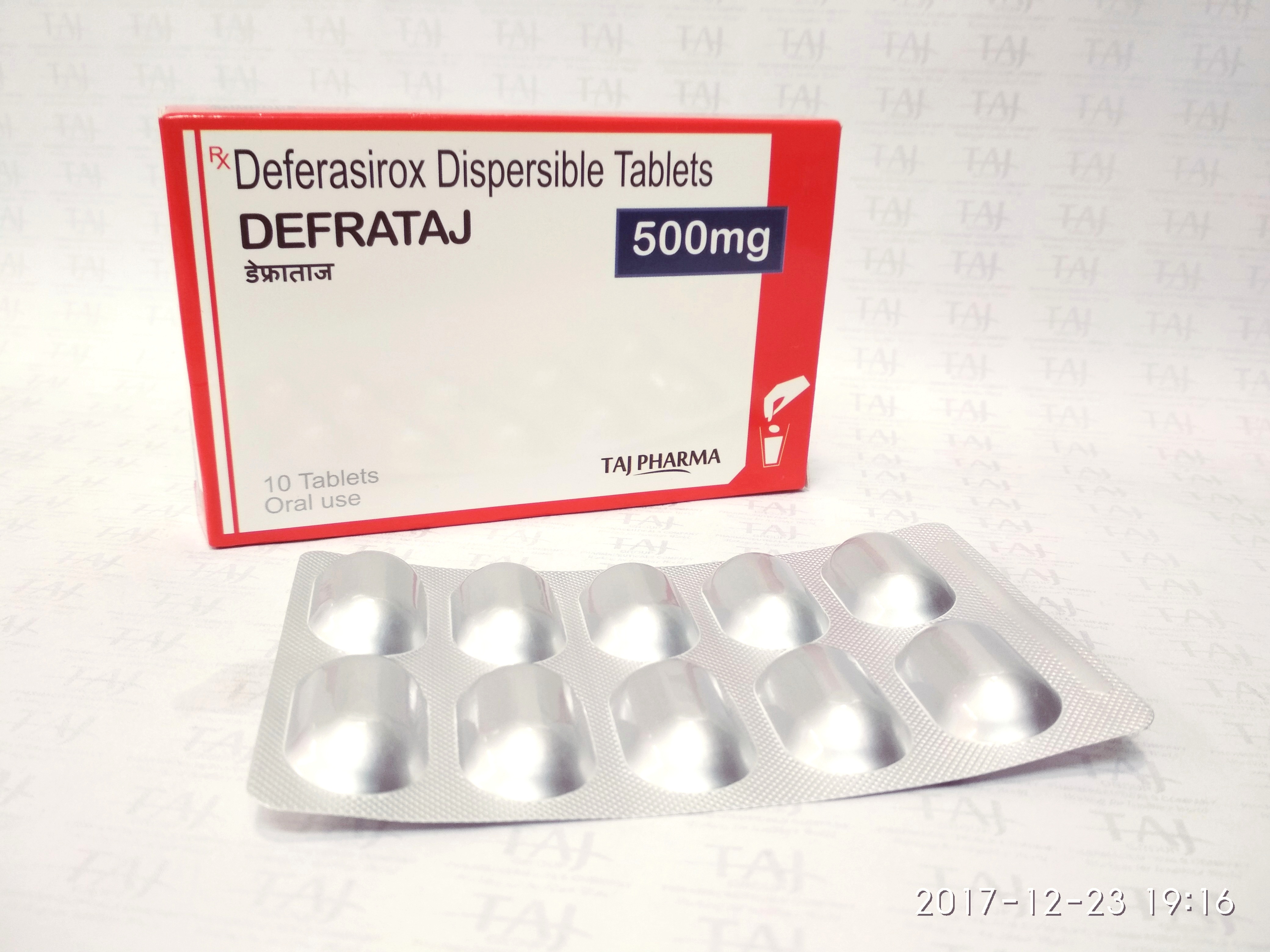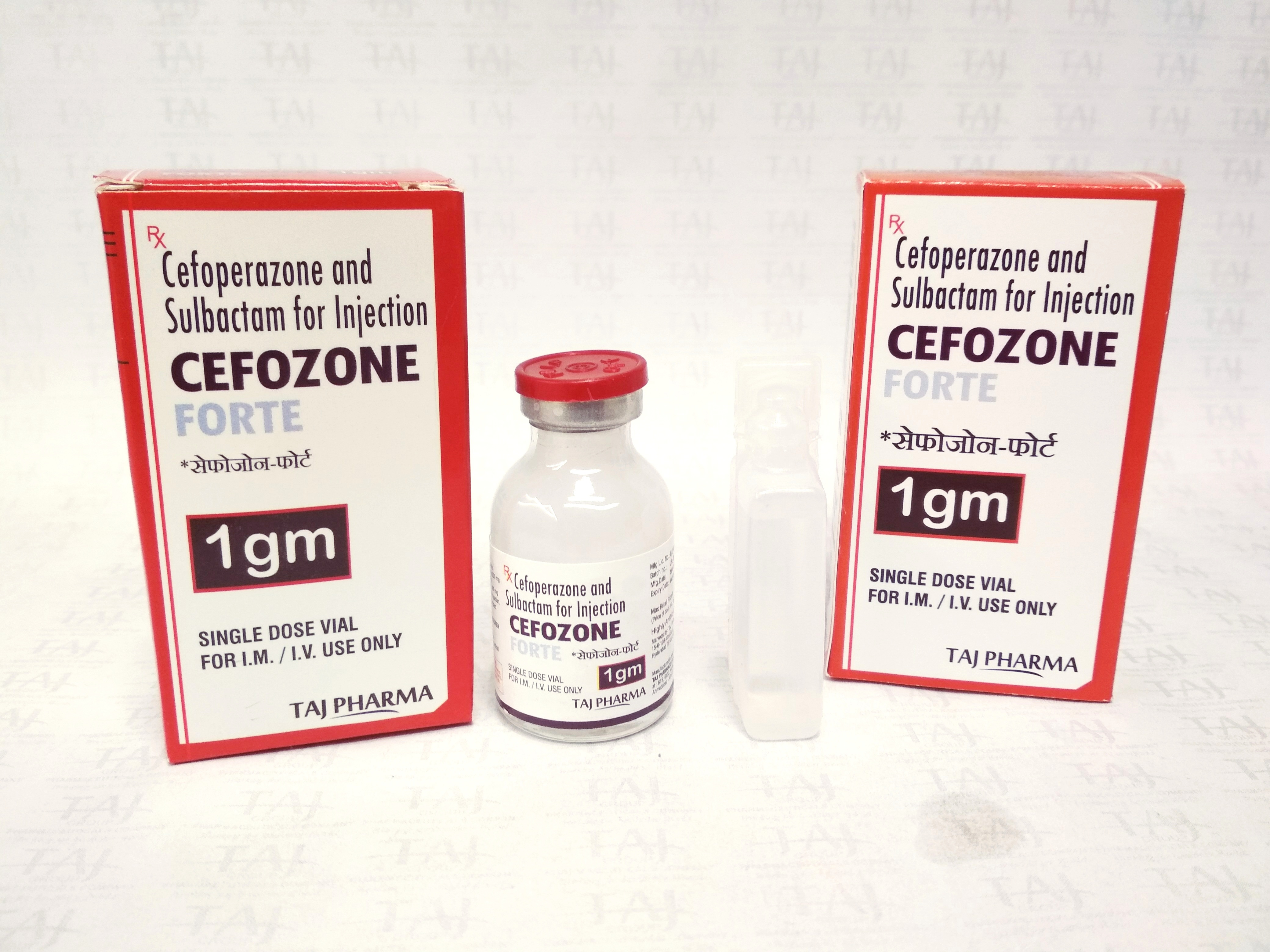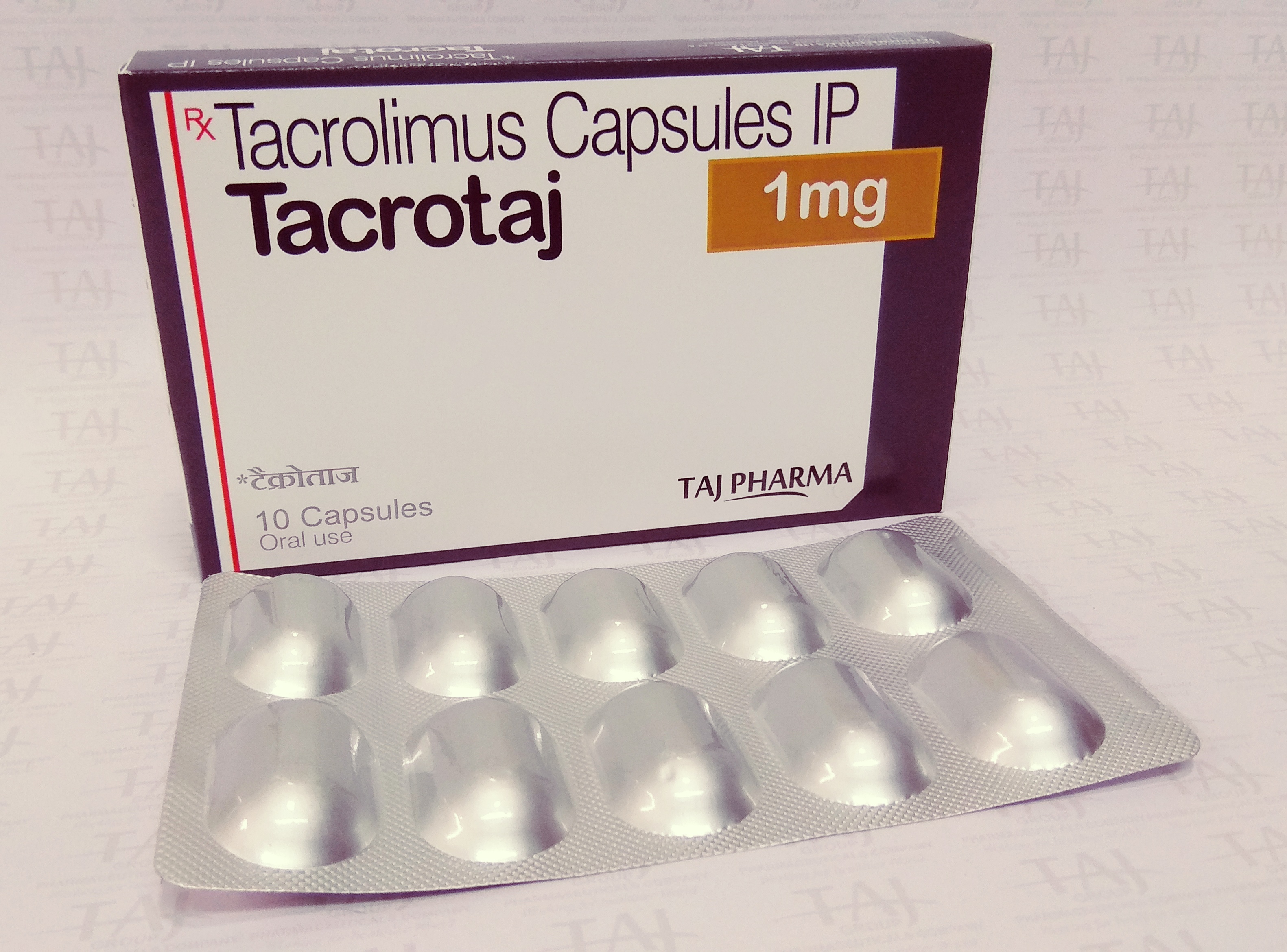Side Effects
See also Warning section.
Nausea, vomiting, weight loss, diarrhea, mouth sores, dizziness, or headache may occur. If any of these effects persist or worsen, tell your doctor or pharmacist promptly.
This medication can also cause constipation, which in some cases may become serious. Consult your doctor or pharmacist about how you can prevent constipation (such as eating a diet high in fiber, drinking enough water). Ask about regularly using a stool softener such as docusate, avoiding bulk-forming laxatives, and choosing a stimulant laxative. Tell your doctor or pharmacist promptly if you develop constipation, stomach/abdominal pain, or bloating.
Temporary hair loss may occur. Normal hair growth should return after treatment has ended.
People using this medication may have serious side effects. However, your doctor has prescribed this drug because he or she has judged that the benefit to you is greater than the risk ofside effects. Careful monitoring by your doctor may decrease your risk.
This medication may lower your ability to fight infections. This may make you more likely to get a serious (rarely fatal) infection or make any infection you have worse. Tell your doctor right away if you have any signs of infection (such as fever, chills, persistent sore throat, cough).
This medication commonly affects the nerves and muscles in your body. Most of these side effects go away after this medication is stopped, however some effects may persist for a long time. Tell your doctor right away if you have any of the following: painful/difficult urination, decreased urination, pain (including in the joints, back, muscles), numbness/tingling/burning/pain of the feet/hands, weakness, difficulty walking, loss of coordination/balance, inability to move your muscles (including the muscles of your face and other parts of your body), drooping eyelids, hoarseness, trouble speaking.
Tell your doctor right away if you have any serious side effects, including: vision/hearing changes, mental/mood changes (such as depression, hallucinations, confusion), easy bleeding/bruising, severe tiredness.
Get medical help right away if you have any very serious side effects, including: seizures, chest/jaw/left arm pain, signs of liver problems (such as dark urine, persistent nausea, vomiting, stomach/abdominal pain, yellowing eyes/skin).
Trouble breathing may rarely occur with vincristine treatment, especially when it is given with another chemotherapy drug, mitomycin-C. Patients with lung problems may be more sensitive to this side effect. Long-term treatment of this side effect may be required if it worsens. This effect may occur within minutes to several hours after vincristine is given and up to 2 weeks after the dose of mitomycin-C. Get medical help right away if you have shortness of breath or coughing. If you have this reaction, you should not receive vincristine again.
A very serious allergic reaction to this drug is rare. However, get medical help right away if you notice any of the following symptoms of a serious allergic reaction: rash, itching/swelling (especially of the face/tongue/throat), severe dizziness, trouble breathing.
This is not a complete list of possible side effects. If you notice other effects not listed above, contact your doctor or pharmacist.
Click here for Download pdf of patient informationClick here for Download pdf of prescribing information





